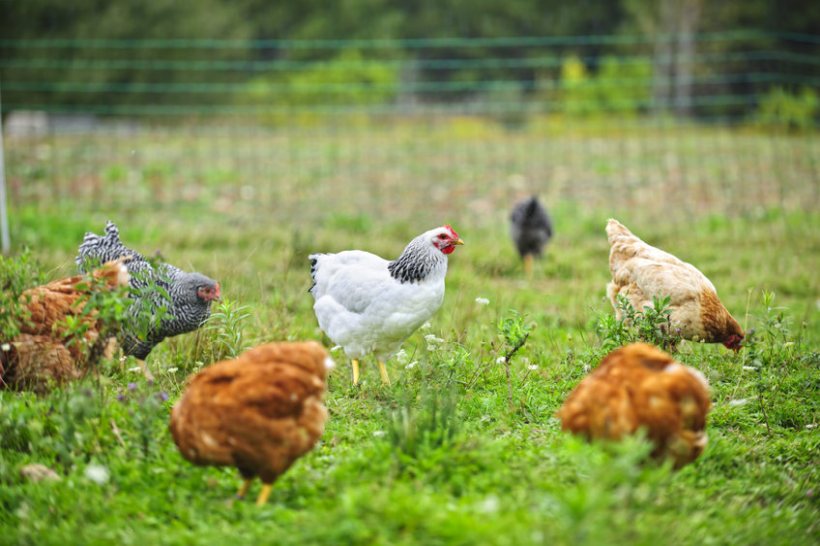
The government’s new food strategy does not go far enough for animal welfare or tackling climate change, the RSPCA has warned.
The government’s strategy, which took over nine months to develop, sets the agenda for the nation's food policy for the course of the next decade.
It follows a food review led by businessman Henry Dimbleby, who made recommendations last year to move away from a 'broken food system'.
He called for a new system which promoted high animal welfare standards, mitigated against climate change and guarded against imported products produced to lower standards.
Among the recommendations were a need to ensure the UK's core farm animal welfare standards are not compromised by trade deals, and a reduction of 30% in meat consumption.
However, responding to the government's food strategy, which was released on Monday (13 June), the RSPCA criticised it for not going far enough on animal welfare or climate change.
The report’s stance on using tariffs to reward farmers in other countries producing to high animal welfare standards has been watered down from only giving access if importers were meeting UK standards to merely using tariffs as a mechanism, the charity points out.
And a consultation into method of production labelling which was due to be launched this month has also now been delayed until January next year despite this being long overdue.
The RSPCA said mandatory ‘method of production’ labelling would help inform shoppers in supermarkets about how the animals that produce their food have been reared, giving more incentive for farmers to produce to higher standards, while allowing consumers to have more choice over products.
Currently, only eggs are labelled in this way, with shoppers now becoming familiar with the terms free range, barn, cage or organic systems.
Another consultation into public sector food and catering policy to ensure the public sector is leading by example in terms of sustainability and higher animal welfare was supposed to begin last autumn, but no firm date has now been set.
This is despite the government acknowledging that the public procurement rules permit imports of products that would be illegal to produce in this country to be sold in our prisons and schools.
David Bowles, head of public affairs at the RSPCA said: “The government’s report sadly does not go far enough for animal welfare or climate change.
“It’s disappointing to see some key issues, such as labelling and meat reduction, being put on the back burner.
"If we want to become leaders on animal welfare and climate change these issues need to be addressed much more quickly.”
Marc Cooper, head of farm animals department, added: “The government appears to believe that climate change can be fixed by tackling symptoms rather than the cause. It can’t.
"This is not a time for inaction, or action that acknowledges the problem but will do little to address it.”
